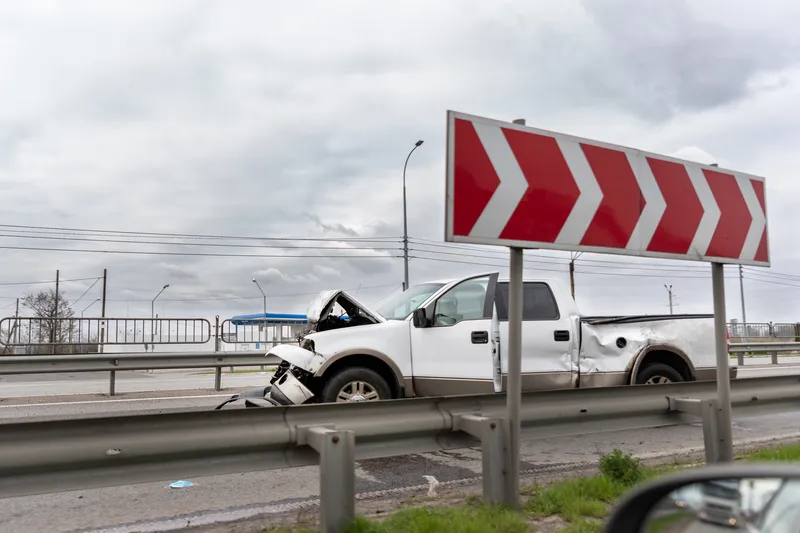Transurban-Fluor and AAA Mid-Atlantic have released the second annual report on distracted drivers on I-95 in Northern Virginia, which found that despite major construction, distracted driving is a growing problem on the heavily travelled corridor. The report, part of the Orange Cones, No Phones campaign focused on reducing distracted driving in the 95 Express Lanes construction zone, found that the number of frequent I-95 drivers likely to use their cell phone while driving has increased from 56 percent i
May 12, 2014
Read time: 3 mins
According to the report, based on a survey of 1,023 drivers who live in Northern Virginia and frequently travel the 95 Express Lanes project corridor, the number of distracted drivers on I-95 who have had a traffic incident or near-miss as a result of their behaviour has increased from 24 per cent in 2013 to 31 per cent in 2014. Texting while driving is exceptionally dangerous – drivers who text while driving are three times more likely to experience a traffic incident or near miss versus non-texters.
“Distracted driving is dangerous under the best conditions – it is even more dangerous in a work zone,” said Aubrey Layne, Virginia Secretary of Transportation. “Transportation safety and the safety of those who report to work each day to improve Virginia’s infrastructure is our top priority. Drivers can make our roads significantly safer by taking one simple step – put down the phone while behind the wheel.”
The report also found that work demands may increase distracted driving, with more than half (54 per cent) of all distracted drivers on I-95 saying they are at least occasionally responding to a work-related issue.
The 95 Express Lanes corridor is currently an active construction zone with approximately 1,500 people travelling to work in the 29-mile project corridor each day. Despite major construction activities, just 18 per cent of I-95 drivers have specifically opted to not read or write texts or emails in the I-95 construction zone. Only 11 per cent say that they no longer talk on a cell phone in the construction zone.
The 95 Express Lanes are on schedule to open in early 2015 and work to complete the project continues during the remainder of 2014, including installing and testing new overhead signs, tolling gantries and traffic management equipment. Reversible like the HOV lanes today, the 95 Express Lanes will operate 24 hours a day, seven days a week. The 95 Express Lanes will use dynamic tolls to keep traffic flowing and provide a more predictable travel option on I-95 between Route 610 in Stafford County to just north of the Capital Beltway. Drivers with three or more people in the vehicle will be able to travel Toll-free with an E-ZPass Flex set to HOV mode. Other drivers will need an E-ZPass to pay a Toll for a faster, more reliable trip on I-95.









